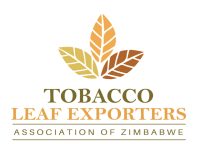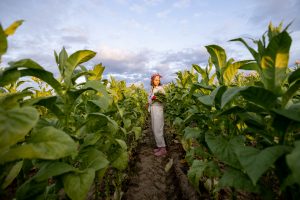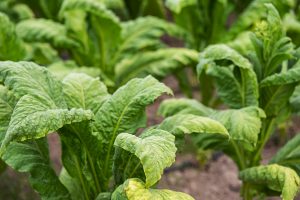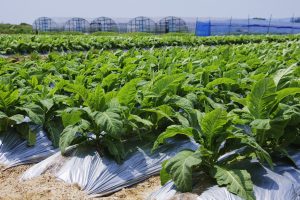Foundation and History
Sustainability
Social Impact
Organizational Structure
Environmental Impact
SDGs Contribution
The Tobacco Leaf Exporters Association of Zimbabwe
Why Sustainability Matters in the Tobacco Industry
Sustainability in Zimbabwe Tobacco
Our Members
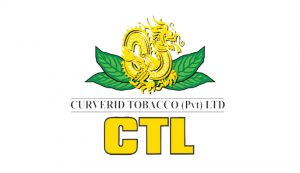
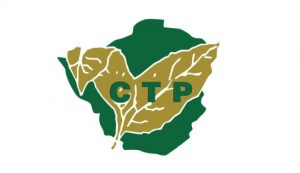
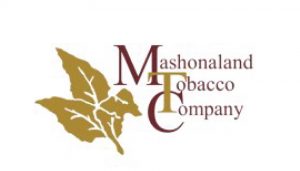
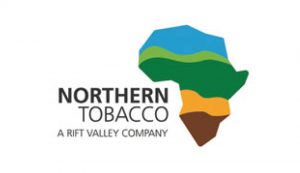
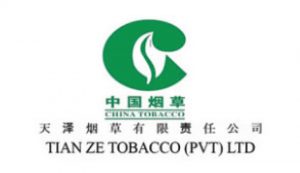
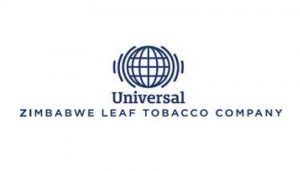
Frequently Asked Questions
Some of the most popular questions from our users
How does the association promote sustainable farming practices?
Our association provides training and resources to help farmers implement regenerative agriculture techniques that enrich soil health, conserve water, and reduce reliance on chemical inputs. We also support research into crop diversification and agroforestry models.
What steps has the association taken to reduce its environmental impact?
We have implemented programs to improve energy and water efficiency, reduce waste, and switch to renewable energy sources across all our facilities. Our member companies have also made commitments to phase out single-use plastics.
How does the association ensure fair labor practices across its supply chain?
We have strict ethical sourcing policies and auditing procedures to ensure decent working conditions, fair wages, and no child or forced labor for all workers within our supply chains. We also provide training and capacity building to improve labor standards.
How does the association support smallholder farmers?
Our programs provide training, access to inputs and credit, and opportunities to achieve fair prices and stable incomes for smallholder farmers. We are committed to inclusive rural development.
